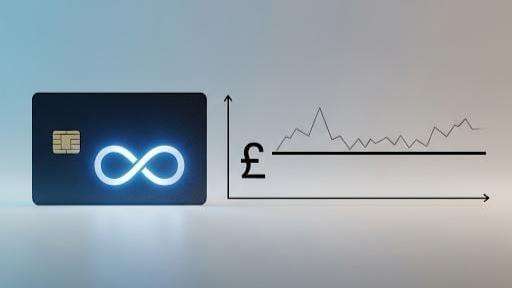The UK is on the cusp of a significant shift in its financial landscape, with the potential for the £100 contactless payment limit to be scrapped and a continued hold on interest rates by the Bank of England. The Financial Conduct Authority (FCA) is proposing a radical change that would give banks the power to set their own contactless spending limits, potentially leading to an unlimited cap for card payments. This comes as the Bank of England's Monetary Policy Committee (MPC) is expected to hold its key interest rate at 4% when it meets next week, a decision influenced by persistent inflation and a challenging economic backdrop.
The FCA's proposal, currently under consultation, aims to bring card payments in line with the functionality of mobile wallets like Apple Pay and Google Pay, which already allow for high-value transactions without a spending cap. The regulator believes this move will enhance convenience for consumers and foster innovation within the payments sector. However, the proposal has been met with caution, with a significant majority of consumers expressing opposition to the change due to concerns over security and fraud. While the FCA reassures the public that anti-fraud protection remains in place, the change represents a significant departure from the current system, which has been in place since 2021. The consultation period for the proposal is open until October 15, 2025.
Meanwhile, the economic outlook remains a point of concern. The Bank of England's MPC is poised to maintain the current interest rate of 4%, a decision that follows a previous cut in August 2025. This holds a stark contrast to the expected interest rate-cutting cycle in the US. The UK's economic picture is complex, with inflation still a major factor. The latest GDP figures, due to be released on Friday, will be closely watched for any signs of economic strength or weakness. The FTSE 100 has seen a slow but steady rise this week, reflecting a degree of investor confidence in the UK market. However, global factors, particularly the US economy, continue to dictate market sentiment.
In the retail sector, Primark's owner, Associated British Foods (ABF), has reported improved trading despite what it describes as a "challenging environment" and "consumer caution." ABF's latest trading update indicates a 1% growth in Primark's sales over the half-year to mid-September, driven by a strong performance in the UK and Ireland. However, the company noted softer trading in continental Europe. The overall economic uncertainty, including the potential for tax changes in the upcoming November Budget, is a key concern for both businesses and consumers.
The overall picture is one of caution and adaptation. While the FCA's proposal could bring greater convenience for consumers, it also raises questions about security. The Bank of England's reluctance to cut interest rates highlights the ongoing battle with inflation. The retail sector, as seen with Primark, is navigating a tricky path, with pockets of growth emerging despite a general sense of consumer hesitation.
_7.jpg)


_9.jpg)



.svg)
